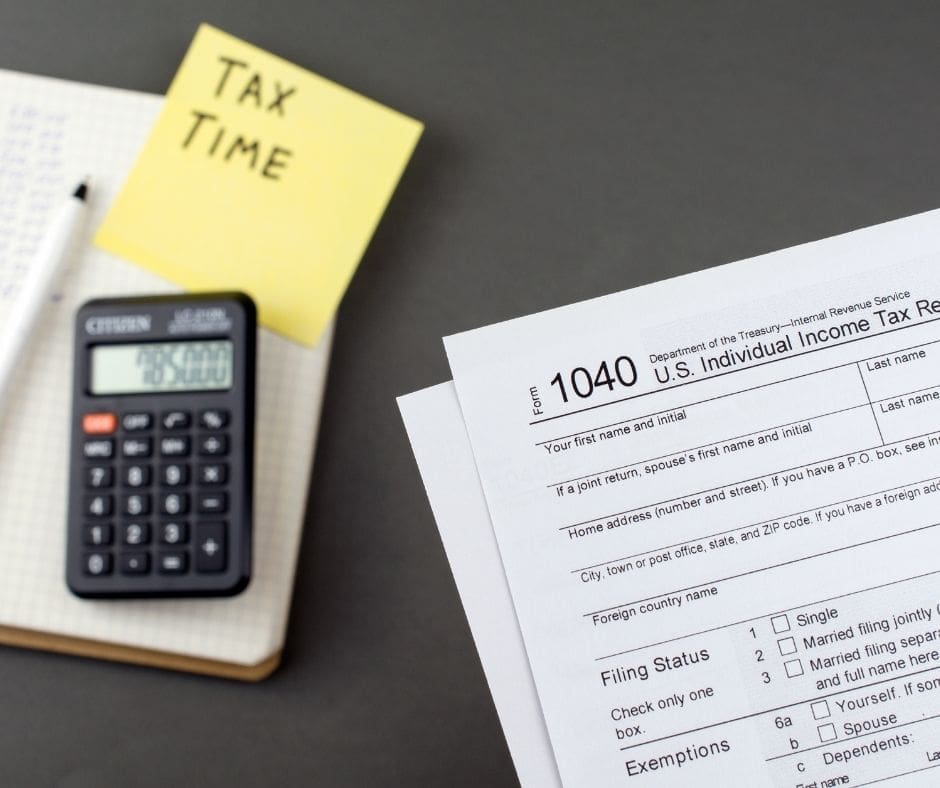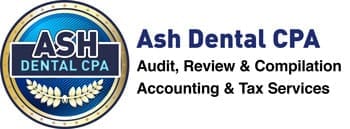Most Common Dental CPA Tax Deductions in 2022

Tax Deductions in 2022
Tax deductions in 2022 are common business expenses for dental practices. There are the costs that dental practices incur during the year and can be deducted from the taxable income.
Let us guide you through the most commonly used dental CPA tax deductions in 2022.
What is a Tax Deduction for a Dental Business?
A tax deduction is an expense that is deductible from your business income.
A deduction can be allowed fully, partially, or up to a certain percentage of taxable income as defined by the IRS.
Tax deductions in 2022 for dental practices can be tricky. Therefore, you should seek guidance from a dental CPA that comes with the experience and skills to manage your dental practice’s deductions.
Most Common Dental CPA Tax Deductions in 2022
Startup Costs
These are startup expenses that you incurred if you’ve set up a new business this year.
For instance, you can deduct a maximum of $10,000 of set up costs and $ 5,000 of organizational costs.
All other setup costs such as equipment, building, machinery, etc. will be deducted as depreciation costs.
Equipment Depreciation – Section 179
For startups and ongoing dental practices, depreciation expense under section 179 is an important deduction.
You can spread the costs of medical equipment, tools, and other machinery over several years. However, the IRS allows you to take the accelerated depreciation in the first year to maximize your tax deduction benefits.
Business Expenses and Supplies
These are your regular supplies of office and dental practice. Likewise, recurring business expenses include office printing supplies, ink cartridges, janitorial supplies, cleaning items, and so on.
Overall, these expenses are 100% tax-deductible provided you’ve used them all in the current tax year.
Business Insurance
If your dental practice has a business insurance plan that fulfills the “ordinary and necessary” clause, it’s a tax-deductible expense.
Your dental practice may have business insurance for:
- Employee benefits
- Employee medical expenses like group health, vision, or dental insurances
- Commercial property insurance
- Data breach insurance
- Professional liability insurance
Employee Salaries and Benefit Plans for Tax deductions in 2022
Employee salaries and benefit plans would be a substantial cost of your dental practice business for any tax year.
For dental practices that operate as an LLC or sole proprietor:
- The salaries and compensation packages must be reasonable
- Investors must not be employees and owners at the same time
- The employees must not be registered as sole owners, partners, or LLC members
- Salaries and benefits must be paid within the same tax year
Retirement Contributions
In short, the retirement contributions for your employees are deductible items. If you are running a dental practice as a sole proprietorship, you are also responsible for your own retirement contributions.
Therefore, all of your retirement contributions are 100% deductible for you and your employees.
Business Meals
Business meals and refreshment expenses are overlooked. However, these are Tax deductions in 2022 .
Your business lunches for you and your employees are tax-deductible expenses provided they are reasonable and backed by records.
Rent and Utilities
Also, common tax deduction for a dental business is rent.
Similarly, your building utility expenses such as the cost of electricity, internet, and telephone are all tax-deductible expenses.
Legal Expenses
These expenses include your legal and professional fees. For instance, when you pay your dental CPA to prepare and file your taxes, it is your tax-deductible expense for the next year.
Similarly, all your fees paid in legal proceedings are eligible tax deductions.
Taxes and Interest Costs
If you have a business loan like a line of credit or mortgage, the interest paid is 100% tax-deductible.
The only caveat here is that you can only deduct a maximum of up to 30% of your business income every year only. In addition, the remaining balance can be rolled over until you deduct all the interest expenses from your taxable income in the following years.
Moreover, the list is expanded. All you have to do is to find the right deduction and back it with proper records.
Therefore, it is important to consult a professional dental CPA. This professional can lead you through the process efficiently and maximize the tax benefits for your dental practice
Learn more with Ash Dental CPA. Our team has over 20 years of experience. Find out how our team has helped many dentists succeed. New clients are welcome. Call today.
